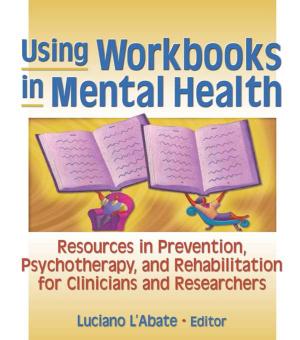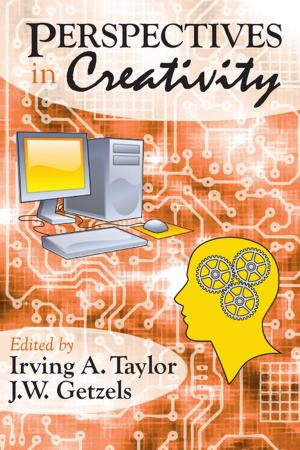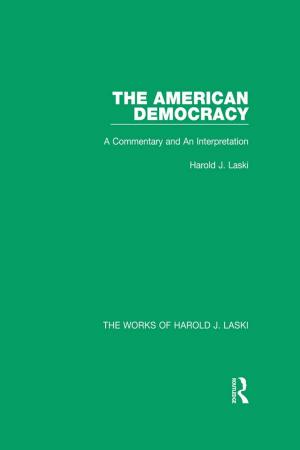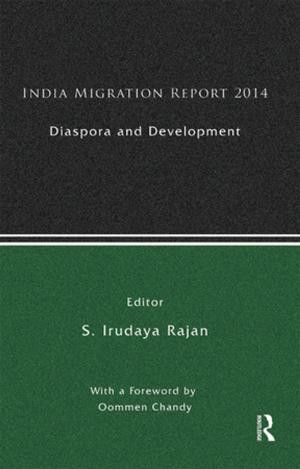Higher Education and Lifelong Learning
International Perspectives on Change
Nonfiction, Reference & Language, Education & Teaching, Secondary Education| Author: | ISBN: | 9781135132286 | |
| Publisher: | Taylor and Francis | Publication: | January 11, 2013 |
| Imprint: | Routledge | Language: | English |
| Author: | |
| ISBN: | 9781135132286 |
| Publisher: | Taylor and Francis |
| Publication: | January 11, 2013 |
| Imprint: | Routledge |
| Language: | English |
Responding to the emerging needs of lifelong learners arguably represents one of the most fundamental challenges facing higher education systems of the countries of the developing world. At the start of the new century the concept of Lifelong Learning may indeed be counted as one of the the key organising concepts underlying public policy in many countries. The interpretation of the concept, however, remains highly contested.
This timely book throws new light on the dramatic changes taking place in higher education through an exploration of the participation of "non-traditional" students in ten countries. Among others, the following areas are explored:
* the complex reality behind the statistics on participation in higher education in five European countries (Austria, Germany, Ireland, Sweden and the United Kingdom), North America, Japan, Australia and New Zealand
* contrasting perceptions of lifelong learning
* changing patterns of participation by adults in higher education
* national and institutional policies and innovations to accommodate non-traditional students and new forms of study
* conclusions for policy, practice and research
Higher Education for Lifelong Learners will be of interest to academics, researchers and students involved with higher education, lifelong learning, and comparative education as well as policy makers, educational managers and administrators. The contributions reveal a remarkable transformation in the student body and in the way learners pursue their studies, highlighting the international impact of increasing marketisation and differentiation on the nature of the higher education accessible to potential lifelong learners.
Responding to the emerging needs of lifelong learners arguably represents one of the most fundamental challenges facing higher education systems of the countries of the developing world. At the start of the new century the concept of Lifelong Learning may indeed be counted as one of the the key organising concepts underlying public policy in many countries. The interpretation of the concept, however, remains highly contested.
This timely book throws new light on the dramatic changes taking place in higher education through an exploration of the participation of "non-traditional" students in ten countries. Among others, the following areas are explored:
* the complex reality behind the statistics on participation in higher education in five European countries (Austria, Germany, Ireland, Sweden and the United Kingdom), North America, Japan, Australia and New Zealand
* contrasting perceptions of lifelong learning
* changing patterns of participation by adults in higher education
* national and institutional policies and innovations to accommodate non-traditional students and new forms of study
* conclusions for policy, practice and research
Higher Education for Lifelong Learners will be of interest to academics, researchers and students involved with higher education, lifelong learning, and comparative education as well as policy makers, educational managers and administrators. The contributions reveal a remarkable transformation in the student body and in the way learners pursue their studies, highlighting the international impact of increasing marketisation and differentiation on the nature of the higher education accessible to potential lifelong learners.















